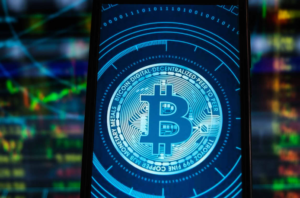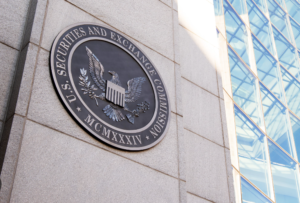$AAPL $META $BTC
#UKInflation #ONS #InflationBasket #ConsumerSpending #VRHeadsets #FoodPrices #RetailTrends #EconomicAnalysis #TechMarket #CryptoNews #StockMarket #InflationData
The UK’s Office for National Statistics (ONS) has updated its inflation basket, a critical measure used to track price changes and assess consumer spending behavior. Each year, the ONS revises this basket to reflect the evolving habits of British households, and the latest update includes virtual reality (VR) headsets and pulled pork. These additions signal two key trends: the growing integration of advanced technology into everyday life and shifts in dietary preferences, likely influenced by evolving consumer tastes and increasing demand for convenience foods. With inflation remaining a major concern for policymakers, understanding these changes can provide insights into broader economic movements, particularly as they impact retail markets, food distribution networks, and emerging tech adoption.
The inclusion of VR headsets highlights the expanding role of the technology sector in consumer expenditure. Companies like Meta ($META) and Apple ($AAPL) have invested significantly in augmented and virtual reality, betting on the growing adoption of immersive digital experiences. Meta’s Quest devices and Apple’s Vision Pro indicate that VR is transitioning from a niche entertainment product to a mainstream consumer good, with potential applications ranging from gaming to business collaboration. As the ONS tracks price fluctuations for such emerging technologies, investors may view this as a signal that demand is rising, potentially benefiting stocks within the VR ecosystem, including chipmakers and software developers specializing in extended reality. Additionally, if VR adoption continues growing, it could influence broader tech-related inflationary pressures, affecting consumer electronics pricing more widely.
Food price inflation remains a central issue in global markets, and the addition of pulled pork to the inflation basket underscores broader shifts in consumer preferences. The rising popularity of pre-packaged and slow-cooked meats reflects an increased demand for convenience-oriented food options, possibly linked to changes in lifestyle habits post-pandemic. Food manufacturers and retailers may see this trend as an opportunity to expand product offerings, but it also raises questions about supply chain constraints and raw material costs. Given ongoing concerns about food price volatility, inflation-driven pressures on both consumers and producers may persist, affecting supermarket pricing strategies and supply logistics.
As inflation continues to shape financial markets, crypto assets like Bitcoin ($BTC) also remain relevant to inflationary discussions. Many investors have viewed Bitcoin as a hedge against traditional currency devaluation, reacting to inflationary trends in fiat markets. If consumer prices continue rising, demand for decentralized financial assets could increase, further influencing the cryptocurrency market. Moreover, inflation-driven economic uncertainty often prompts central banks to adjust monetary policies, affecting everything from interest rates to equity valuations. With the ONS’s latest inflation basket adjustments reflecting both technological advancement and dietary shifts, market participants will closely watch whether these consumer trends translate into broader economic and financial impacts.











Comments are closed.